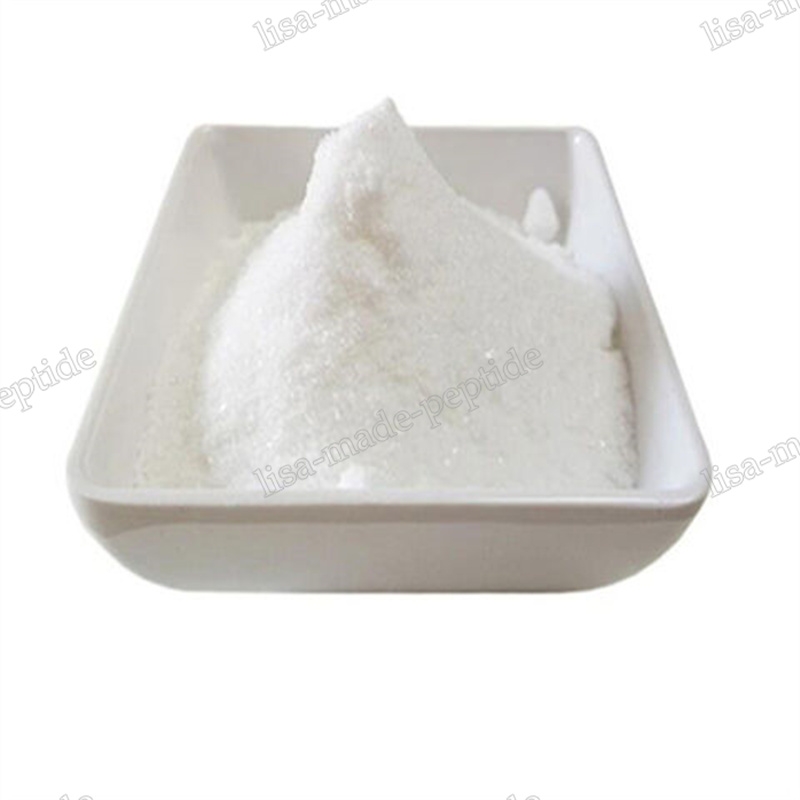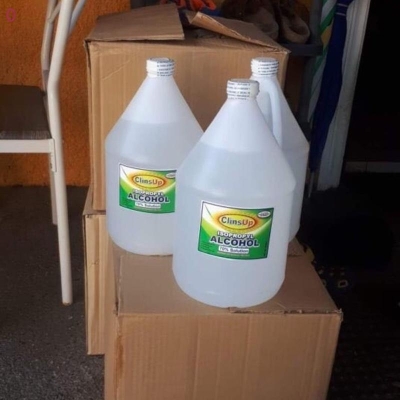-
Categories
-
Pharmaceutical Intermediates
-
Active Pharmaceutical Ingredients
-
Food Additives
- Industrial Coatings
- Agrochemicals
- Dyes and Pigments
- Surfactant
- Flavors and Fragrances
- Chemical Reagents
- Catalyst and Auxiliary
- Natural Products
- Inorganic Chemistry
-
Organic Chemistry
-
Biochemical Engineering
- Analytical Chemistry
-
Cosmetic Ingredient
- Water Treatment Chemical
-
Pharmaceutical Intermediates
Promotion
ECHEMI Mall
Wholesale
Weekly Price
Exhibition
News
-
Trade Service
The export of polyurethane to India needs to apply for Indian BIS certification, which will be implemented from January 7, 2022
.
Implement standard IS 17397 (Part 1): 2020 or ISO 16365-1: 2014
.
It is understood that less than two weeks after approving the Bureau of Indian Standards (BIS) to extend the mandatory quality standard period for some plastic raw materials and raw materials by six months, the quality assurance supervisory agency has allowed similar grants to key plastic raw materials such as polyurethane and paraxylene.
relaxation
.
The Department of Chemicals and Petrochemicals (DCPC) under the Ministry of Chemicals and Fertilizers of India has extended the mandatory BIS quality specification for polyurethanes and paraxylene by 180 days (six months), according to a communique notice issued recently
.
In this way, the new date for the implementation of the BIS quality specification for these two plastic raw materials is September 19, 2022
.
Earlier on March 11, the DCPC made similar extensions for polycarbonate, vinyl chloride monomer (VCM), ethylene dichloride (EDC) and acrylonitrile-butadiene-styrene (ABS)
.
However, these quality specifications do not apply to the export of finished products obtained using the aforementioned raw materials
.
DCPC has brought about 80 basic chemicals, petrochemicals, polymers and raw materials into mandatory BIS certification
.
However, for polyurethane, the notification was first issued in September 2021 and will be implemented in March this year
.
The same is true for some other basic chemicals, polymers and plastic raw materials
.
What is India BIS Certification?
The Bureau of Indian Standards (BIS) is the competent authority for standardization and certification in India.
It was formally established in 1987 to replace the Indian Standards Institution (ISI) established in 1947
.
In order to unify product regulatory standards and requirements and ensure product quality and safety, in 1955, the Indian Standards Institute began to implement and implement a product certification program
.
In 1986, the product certification scheme was regulated by a government act (BIS Act, 1986, The BIS Act, 1986) and is now in force (BIS Act, 2016, The BIS Act, 2016)
According to the Bureau of Indian Standards Act, product certification in India implements the principle of voluntary certification.
From January 2004, taking into account factors such as public health and safety and mass consumption, the Indian government issued an immediate decree to implement compulsory certification for specific products
.
All products listed in compulsory certification must obtain product certification according to Indian product standards before they can enter the market
.
There are more than a dozen basic chemicals and plastic raw materials that India relies heavily on imports from countries
.
While most global suppliers are MNCs, India's largest consumers are from Small and Medium Enterprises (SMEs) and Micro, Medium and Small Enterprises (MSMEs)
.
BIS officers are required to visit all manufacturing plants that supply these raw materials to Indian consumers, collect samples from there and bring them to India for testing in a BIS accredited laboratory
.
Finally, if these samples meet the fixed criteria and thus pass the BIS test, they will be approved
.







